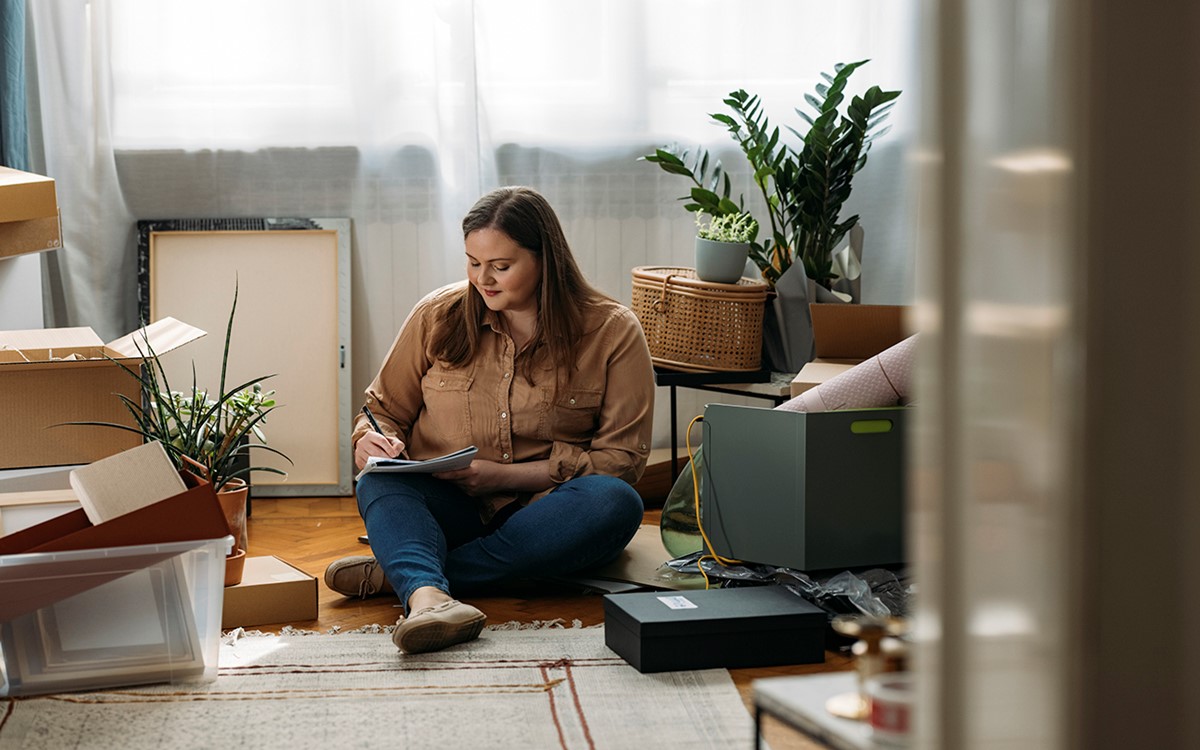What does it take to move to Portugal?
Since Brexit, UK nationals who want to move to Portugal need a visa and, after arrival, a residence permit. You can still travel to Portugal visa-free for up to 90 days in any 180-day period, but to remain in Portugal as a resident you must follow a route that fits your situation.
Start with a valid passport and check current visa requirements. Most UK citizens apply via the Portuguese consulate in the UK. Common pathways include the D7 visa (passive income), the digital nomad option for remote workers, the D2 for business in Portugal, plus family or study routes. A “stay visa” is often valid for one year for temporary stays; a residence visa grants entry so you can apply for a residence card in Portugal through AIMA (Agência para Integração, Migrações e Asilo). After you arrive in Portugal, you’ll attend biometrics to get a residence permit.
About the Golden Visa: real-estate investment no longer qualifies. Current options focus on fund investment, cultural/scientific patronage, or job creation. For a lifestyle-based path, the D7 suits those with resources outside Portugal, and the digital nomad route fits people who work in Portugal remotely (including for a UK employer).
If you were already living in Portugal before 1 January 2021, your right of residence is protected by the Withdrawal Agreement – keep documents up to date to remain a legal resident.
Practicalities: you’ll usually need a Portuguese tax number (NIF) to open a bank account with a Portuguese bank. Register for Portuguese social security (Segurança Social) if you will work in Portugal. After five years of continuous lawful residence, you can apply for permanent residence; many then pursue citizenship (typically A2 Portuguese, good character, and residency rules).
In short: apply for a visa, enter Portugal with it, then finalize your residence card with AIMA. With preparation, the process is straightforward.









